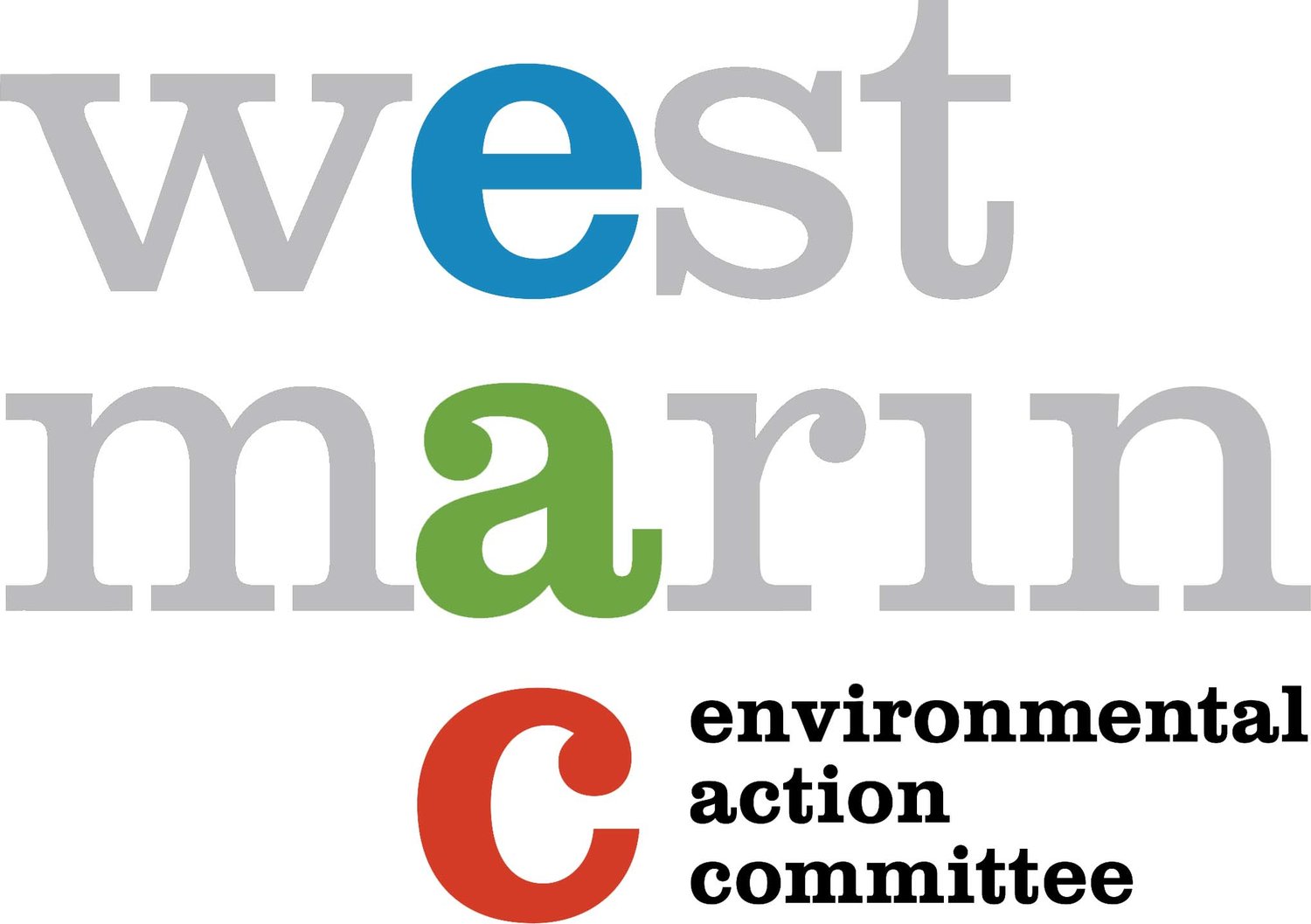By: Madison MacLeod, EAC Legal & Policy Intern
In February, the Ocean Protection Council (OPC) released the 2022 State Agency Sea Level Rise Action Plan for California. This report is the first of its kind and was developed with unprecedented collaboration, but is it inclusive enough?
Researchers, policymakers, and community organizations agree that inclusiveness is essential to successfully addressing the impacts of climate change and sea level rise (SLR). This means reaching out to environmental justice communities to ensure their voices are heard. Environmental justice communities will be hit by climate change the hardest and have significantly less resources to mitigate these impacts.
Low-lying communities like Marin City already experience annual flooding during king tides or significant storms. (KQED 2022). According to a 2020 report from the Legal Analyst's Office, areas like Marin City could experience significant flooding within the next 10 to 15 years. (“What Threat Does Sea-Level Rise Pose to California?” LAO, 2020; KQED 2020).
Another major issue with rising groundwater in these communities is exposure to legacy contamination. Legacy contamination is a result of industrial pollution accumulating in the soils over centuries, resulting from spillage, illegal dumping, or improper storage. According to Kristina Hill, associate professor at UC Berkeley’s College of Environmental Design, “Legacy contamination in the soil will be remobilized when the water table comes up and intersects with these areas of contaminated soil” (KQED 2020). Dr. Hill was featured in EAC’s Coastal Climate Webinar series in 2021.
Contaminated groundwater can contain carcinogens like benzene and toluene, which can infiltrate under homes and sewage pipes. Contaminated groundwater can also vaporize when it reaches the surface, where it can then be inhaled by humans and animals. According to Alec Naugle, the Senior Engineering Geologist for the San Francisco Bay Regional Water Quality Control Board, “If you’re exposed to these chemicals over a lifetime, they can increase your risk of cancer.” Moreover, exposure to these chemicals has been linked with increased rates of asthma, especially in children. Marin City is just one of many examples of coastal and bayside communities in the Bay Area that are in dire need of protection from sea level rise.
The OPC’s 2022 report should expand to include and implement actual methods for addressing these equity issues before environmental justice communities are faced with the impacts of sea level rise that will drastically affect their health and livelihood.
Additionally, policies must support Indigenous knowledge-based adaptation. Indigenous and tribal groups have long been left out of the environmental conversation, yet the 2022 IPCC Climate Change Report states with very high confidence that recognizing Indigenous People’s rights, self-determination and supporting Indingeous climate adaptation strategies are “critical to reducing climate change risks to achieve adaptation success.” (IPCC Fact Sheet, North America, Page 2). Tribal consultations are also occurring until early summer 2022.
These suggestions have been echoed by many groups and organizations across the state. We have a long road ahead of us, and without total inclusivity from all stakeholders, we will not be able to meet these goals by 2030.
While EAC is more engaged in West Marin, we work on climate issues and policy statewide. It is important to EAC that climate adaptation is equitable. For more information, check out EAC’s Coastal Climate Webinar Series where we address environmental hazards associated with climate change while building community resilience in coastal West Marin County.
The deadline for all interested parties to submit public comments on the OPC report is June 3, 2022. Comments can be submitted to SLRActionPlan@resources.ca.gov. Direct other SLR Action Plan inquiries to Ella McDougall, OPC’s Climate Change Program Manager at ella.mcdougall@resources.ca.gov.
For more information:



